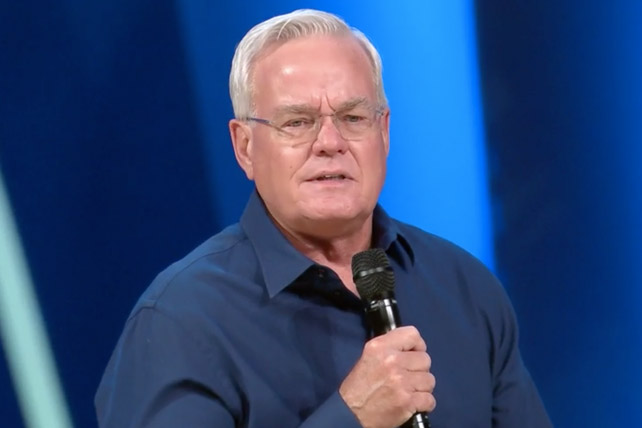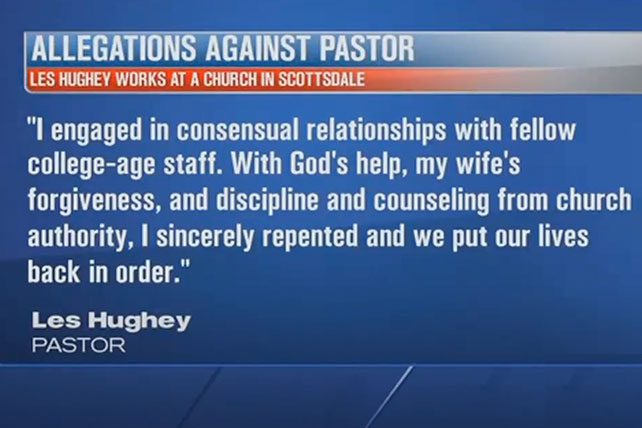A month or so ago I had a contest for Jump! VBS/Summer curriculum from Orange. As part of the contest, people shared their best VBS ideas from their different endeavors. I thought it’d be fun to highlight a few of those. We have an amazing kidmin community that is full of ideas worth sharing. Ministry should be about building the kingdom of God and working together toward that end. The thoughts below came from real ministry happening all over North America. I’d love to hear YOUR ideas too. Keep the discussion going.
Thanks everyone for your comments and the role you play in my own kidmin development. I LOVE serving alongside such amazing colleagues! (Yes, that means YOU too!)
Be sure to read all the way through the bottom of this list. There are some GREAT ideas for connecting with parents on weekend services too!
So without further adieu…
bwccamden
Our best idea has been to make VBS a summer long event instead of a one week event. We spread our VBS out through the summer doing it every Wednesday night while our other discipleship ministries are going on. We bookend it with a big kickoff and closing. This gives us an opportunity to bring the families in more than just the kids. The families are able to stay and take part in our other ministries going on, giving them an opportunity to connect to the church.
Robert
The best idea we had was when we changed from the standard curriculum to that written and published by ReThink Group.
Drew
I’m from a church in the mid-west and our best VBS idea was moving from a day program to an evening program. This allowed for more volunteer participation.
Doug
We have a daytime VBS. Our best idea was to take the fifth day and do it on night four, and include the families. Instead of just seeing what the kids have learned, they heard from the kids what they learned, and then learned with the kids. Also, we did something other than the main VBS curriculums like we’ve done in the past and loved it.
Gayle
Our best idea for VBS was to have a family VBS where families participated in all things VBS together. Our site leaders especially loved it, because they always had enough helpers in the classroom. I am at a new church this year, and we are going to have an Open House type of event on the last night where families will travel through the sites with their children for an evening of VBS and then a short closing program.
Cheryl
We have family night on Wednesday and provide a meal. We usually have a great turnout!
Beverley
Our best idea was to rearrange the schedule on the final night. We took snack time out of the regular rotation and put it at the end, we had the parents join us for refreshments after the program was over. It was a great way to reach out and include the parents.
John Mullis
Best VBS idea..hmmm. To turn the closing rally into a full-blown family experience interactive event where everything was aimed to teach the parents what the kids learned during the week. We used video, audience participation, songs and drama. It was exciting!
Emily Jenkins
Our church’s version of VBS had a boys vs. girls change challenge to benefit Orphan Aid Liberia. All week-long, kids dropped their change into five-gallon buckets. At the end of the week, a leader was slimed, and during the family event on Friday evening, we announced to parents the total amount their kids gave (over $1000) and challenged them to match it through text-to-give and within just a few short minutes, parents did! We were pleased to create an opportunity for kids to be mission-minded!
Brandon Kertson
Our churches best idea was to do a Vacation Bible Sundays because we were having such a hard time finding volunteers for a whole week and our children’s pastor is only part-time. We actually saw more growth and excitement during the these action packed 10 weeks than we had during the traditional one week VBS and we had tons of volunteers to help!
Christopher G. Sykes
The best VBS idea we’ve had lately is to modify our Friday schedule to allow parents to come in for about a 35-minute family worship at the end of the week. We run a short video recapping the week as the parents come in. They get to see their kids sing all their favorite songs. Our worship leader picks a few from each grade to be on stage to lead the motions. Then I get to speak into the lives of parents for about 10-15 minutes. In negates the need to have a family night that a lot of parents don’t come back for. They’ve got to be there to pick up their kids, so asking them to come just a little early makes this so much easier and we have a much larger crowd.
Cheryl Bentsen
Our best VBS idea was this past year we gave parents a drive-time tag. We got them printed thru the Popshop and it gave the parents a quick recap of the evening, memory verse for the week and three to four specific questions to ask on the way home. The tags were plastic and hung on their rearview mirror. We got a ton of feedback from parents who still have them in their cars! We made them nice enough that they didn’t want to throw them away and used them to spark great spiritual conversations on the way home. For some parents it was just enough to give them some footage to ask the RIGHT question on the way home before they forgot it!
Anthony Prince
The best idea we’ve had was to elevate our youth into leadership positions at VBS.
Instead of just letting students assist the adults in serving at VBS, we give them real responsibilities and host a week of training before VBS in order to ensure that they know what we expect from them.
Bonnie Deroski
Partnering with other churches was the best VBS idea we’ve ever had.
This article originally appeared here.











